Stop Generating Content! Why AI Alone Won't Help Your Google Rankings

You've probably heard that the key to online success is "more content," and that new Artificial Intelligence tools can write it for you for free. This is the biggest lie in modern marketing, and following it will waste your time and budget.
Right now, the internet is being flooded with identical, generic articles written by AI. Google knows this, and its search engine is becoming increasingly adept at identifying unoriginal, surface-level content and relegating it to the bottom of the results.
If you are a service-based business, your goal is not to have the most content; it's to have the most authoritative content—the information Google trusts more than anyone else.
The Problem: The Content Cloning Crisis
Imagine you're searching for advice on a rare medical condition. Would you trust 100 identical articles rewritten by a robot, or one in-depth case study written by a leading specialist?
Google views your business the same way. When an entrepreneur simply prompts an AI to "write a blog post about small business bookkeeping," the result is the digital equivalent of a generic textbook summary. It's factual, but it lacks a unique perspective, client stories, and genuine authority. This content will get lost in what is essentially a digital landfill of low-effort information.
Furthermore, relying purely on AI creates a massive vulnerability. If your content is identical to fifty other sites, Google has no incentive to rank you first. Your business becomes instantly replaceable because your core knowledge is not exclusive to you. This is why the human element is now a non-negotiable part of a successful content strategy.
The Solution: How to Win with Human Authority and Strategic Execution
To thrive in the age of AI content, you must treat AI as a research assistant, not a ghostwriter. Your unique experience is the one thing no algorithm can copy.
- Stop Writing About the What and Start Writing About the How (For Your Clients): Instead of writing a broad guide (What is SEO?), focus on a niche problem you solved for a specific client (How My Client Used Local SEO to Get Their First 5 Clients). This turns generic advice into a defensible case study. When you include specific metrics, dates, and client-approved anecdotes, you are adding the proof of work that AI cannot generate and that Google values as unique expertise.
- Use AI for Structure, Not Soul: Let the AI draft outlines, summarize research, or handle small administrative tasks, such as generating social media captions. Then, you—the expert—must inject the unique insights, the proprietary process, and the specific mistakes you learned from. Your voice and specific examples are the "human authority" that Google is desperately seeking to rank. The key is editing and enhancing the AI's output until it sounds distinctly like your firm, using your client's language and terminology.
- Invest in Depth, Not Volume: A single, deeply researched, original 2,000-word article that answers all of a prospect's questions will outperform fifty generic 500-word articles every single time. Your small business doesn't need a content farm; it needs a content fortress built on authority and credibility. For execution, a strategic agency comes in. They don't just ask AI for content; they interview you to extract your unique knowledge, then use advanced tools to structure that knowledge into a highly optimized, authoritative piece of content designed to meet Google's quality standards.





